Leonard Rosenman 1924-2008
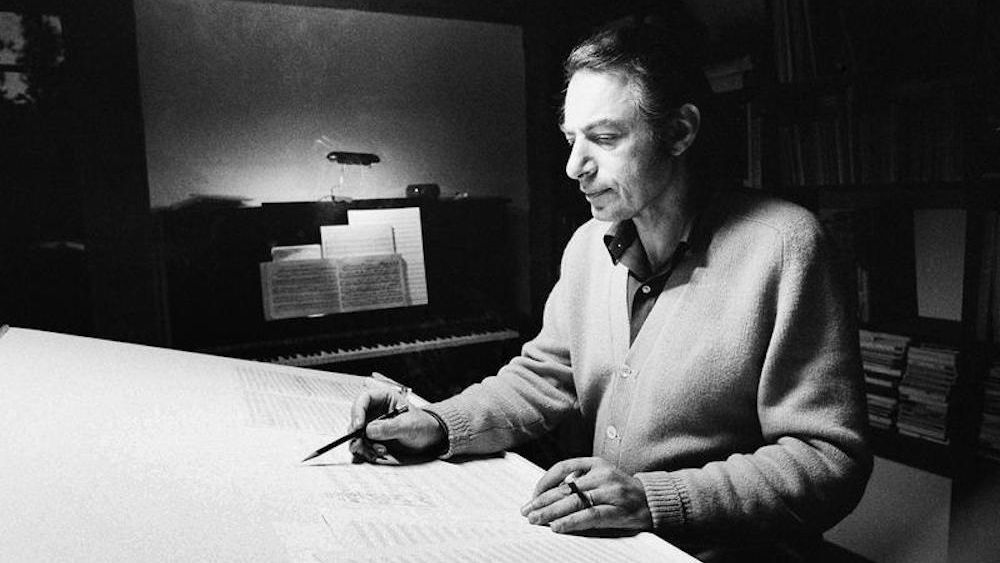
My early life as a musician did not exist: I was a painter originally, and I started piano lessons at the age of 15 just as a hobby. And then I began to win prizes for my piano playing at the age of sixteen. I went into the army, where I started to become interested in composition. When I came back, I went to the University of California; I studied with Roger Sessions and with Arnold Schoenberg in Los Angeles. Later on I won a scholarship; I went to Italy and studied with Dallapiccola. Then I became a composer and while trying to get a job as a professor in some large institute, a university or something like that, I was teaching piano on the side. One of my piano students was James Dean! He became a roommate, he moved in with us, and we became very dear friends.
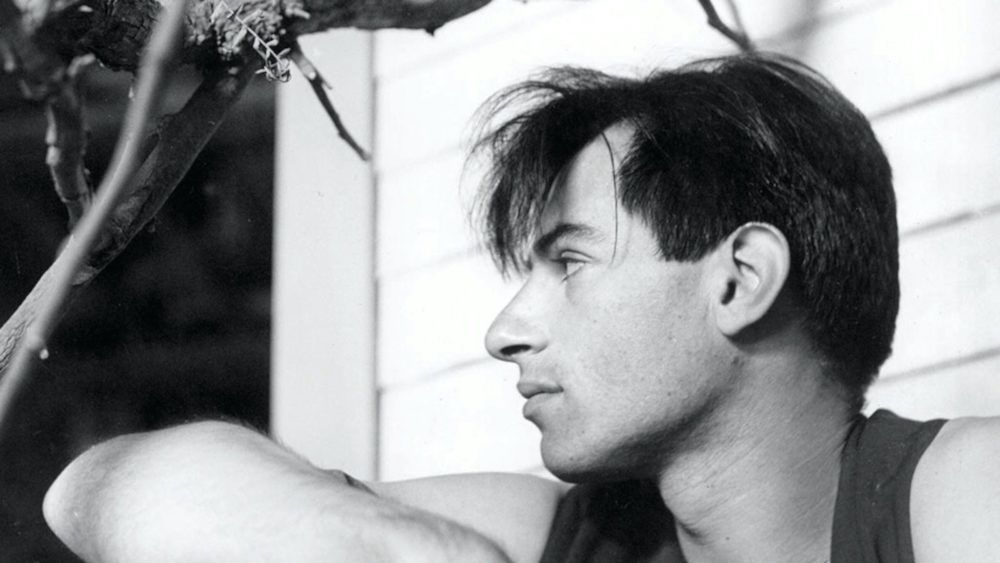
Scoring more than 100 films and television movies is rather more than an accident…
Right. That’s true, except it’s much less than most of the people who work in films. I’ve done 30 films. John Williams has done a hundred. I’m not interested. Sometimes I take off for 2 years, go to Italy or conduct, teach or write my own work. That’s what I do. But then it’s hard to come back, because they ask what I have been doing the last five years. I say; I wrote a violin concerto, a string quartet. “Oh, you have been unemployed”, they reply (laughs). It’s amusing and stupid at the same time.
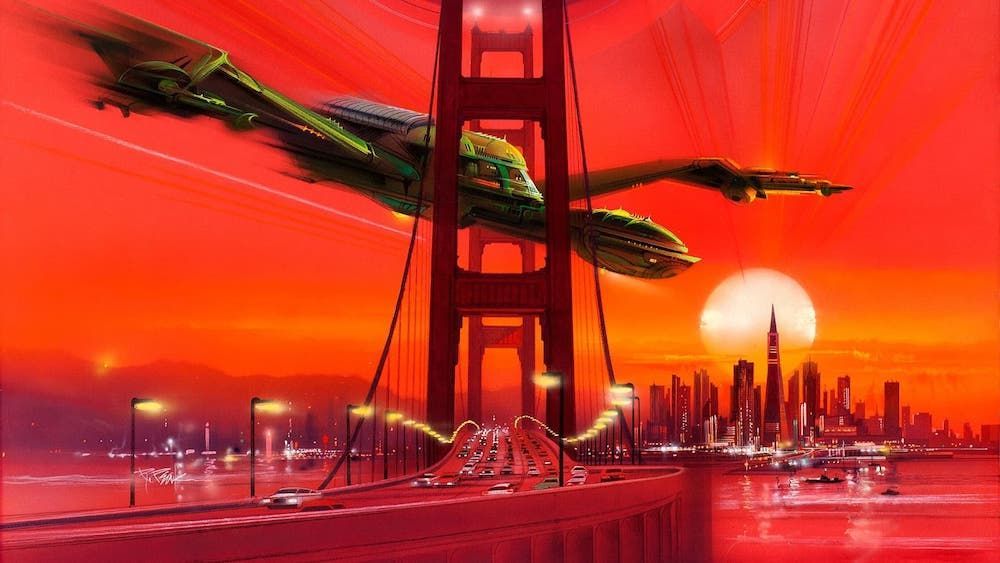
It’s hard to believe that it’s been twenty years since STAR TREK first appeared on our TV screens, and it’s only appropriate that Paramount Studios has released the latest installment in the film series this same year. STAR TREK IV: THE VOYAGE HOME stars most of the original cast and is once again directed by Leonard Nimoy himself. However, one crewmember who isn’t returning is composer James Horner, who had scored the last two films. At Nimoy’s choice, a new composer beams aboard to try his hand at going “where no man has gone before,” and that new composer is Leonard Rosenman.
Reviews
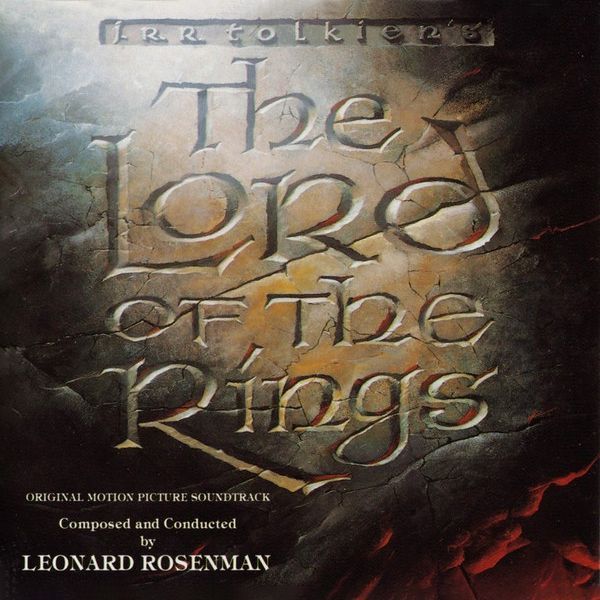
This must be one of the more unusual CD re-releases of an older score. Leonard Rosenman’s lengthy, hard working score for LORD OF THE RINGS has been lavishly reproduced, transfigured, on CD. Thirteen years have elapsed since the score first made its appearance on a double album. As the composer notes in his rather self-serving liner notes, the audio quality wasn't too hot.
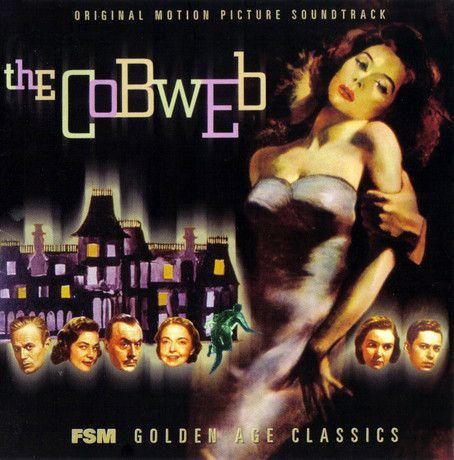
Leonard Rosenman pounced on film scoring like a roaring lion, savaging the concept of Late Romanticism which had hitherto grazed happily across the Hollywood musical pastures. Invited to compose the music for EAST OF EDEN in 1955, Rosenman was initially insistent that the film be scored throughout with atonal music – a mode of composition almost totally alien to an industry which by now had an historical investment in providing modal melodic invention, not only as an attractive means of scoring films, but also as a way of promoting the movies themselves - via winning themes issued on commercial discs. Rosenman was persuaded to temper his ambitions, and EAST OF EDEN emerged with a score where serial composition was only utilised in part - to illustrate the complexity of the tale’s more youthful characters - but nevertheless eyebrows were raised, feathers were ruffled, and batons were twitching. Rosenman had heralded his own entrance into Hollywood with what was essentially "new" music.
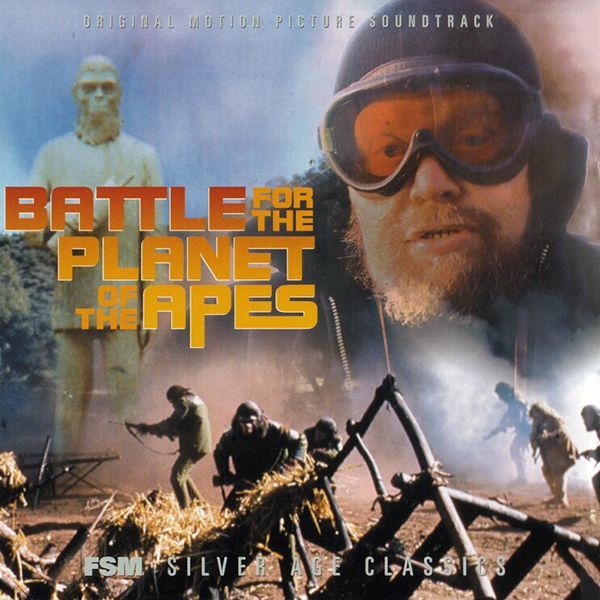
The percussive acousticality of the PLANET OF THE APES series may have never matched, musically, the originally and impact of Jerry Goldsmith’s score for the original 1968 feature. That said, though, the succeeding quartet of sequels nonetheless sustained an interesting development of the primitive nuances that Goldsmith launched. Rosenman’s score for BENEATH THE PLANET OF THE APES (released on FSM last year) took a darker and more feral edge, providing a suitable backdrop for the sequel’s mix of mutant humanity, simian malevolency, primitive awakenings, and leftover technology. Goldsmith returned for the third film, ESCAPE FROM THE PLANET OF THE APES (a 16-min OST suite appeared on Varese’s 1997 PLANET OF THE APES CD; a full score bootleg was also circulated a few years before that); echoing the film’s contemporary setting, Goldsmith’s music was more modern, instrumentally, while staying within the sparse musical conceptualization of the first film.



